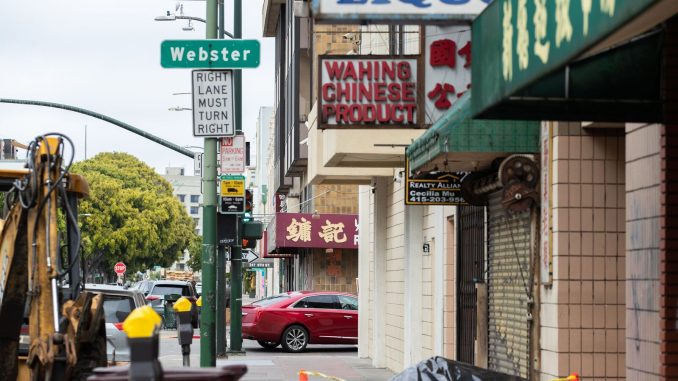
Community members in Chinatown, Grand Lake, San Antonio, and Eastlake shared their priorities ahead of the November election.
There is a lot that residents of Oakland’s District 2 love about their neighborhoods: the peaceful parks, the delicious restaurants, the tight-knit communities, and the generations of familial and cultural histories.
But there is a lot they’d like to see changed, too. Safety concerns—around violence, and dangerous and dirty streets—as well as a large and growing population lacking housing weigh on residents. They’d like to see city leaders act with more urgency to make the district a more habitable and comfortable place to live and raise a family.
This November, voters will have a say in the City Council member who represents D2, which spans Chinatown, Eastlake, Little Saigon, San Antonio, Grand Lake, and Trestle Glen.
Oakland Voices and The Oaklandside paired up to ask a few of these residents what matters to them, as we head into election season. Read on to see what they had to say, in their own words. We’ll be doing the same for residents in districts 4 and 6 (the other two districts with council races this year) as well as interviewing people across the city to hear their thoughts about the mayoral and school board elections. The responses have been slightly edited for clarity and length.
Joshua Uriostequi
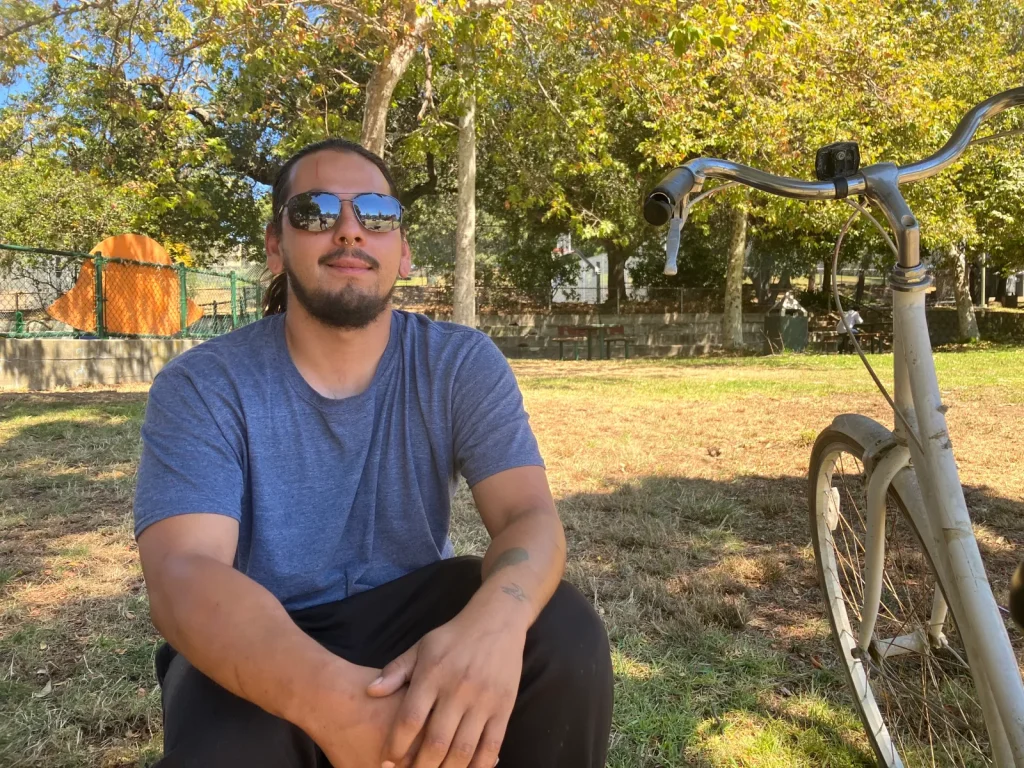
I came to Oakland four or five years ago, after living in the [Central] Valley. My mom came over here in 2015. There’s better pay and more job opportunities out here. I work for a guttering company.
I like to come to San Antonio Park on my day off, maybe smoke a joint and chill. It’s pretty calm over here. Each corner of the park has its own little culture, its own feeling and vibe. I like watching the soccer players.
The city should focus on the dumping and cleaning up the streets a little more. And the potholes—I drive around here and always keep my eyes open. There’s so much reckless driving around the neighborhood. They should add more speed bumps.
Briana Ohene-Owens
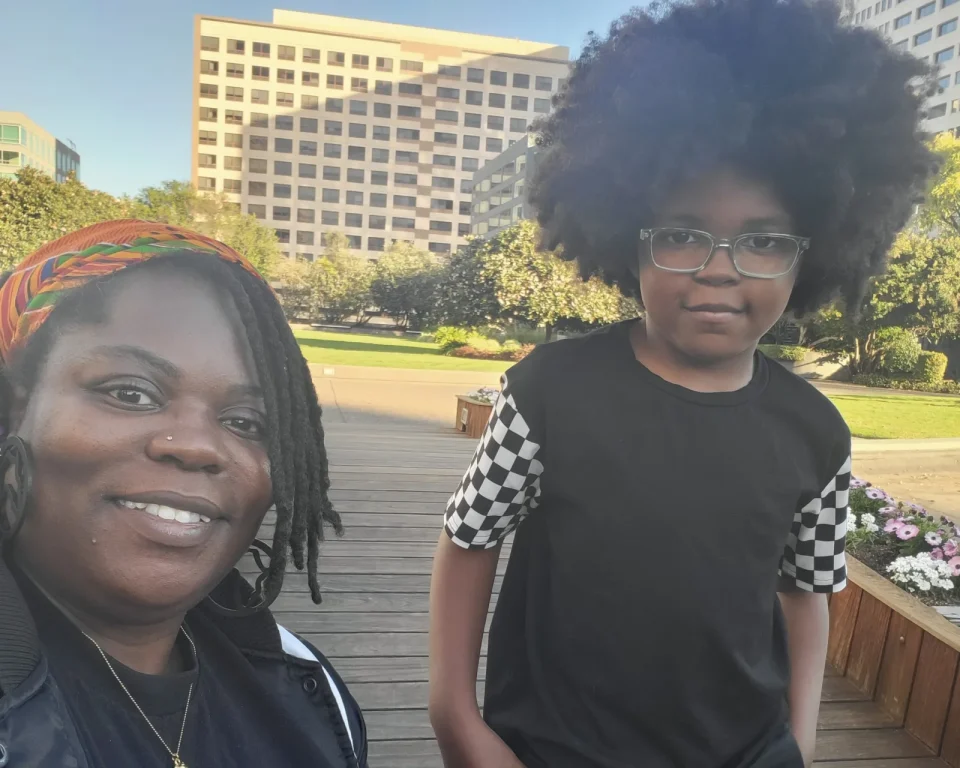
No lie, living here [in the San Antonio neighborhood] as a parent now is very frustrating. For one, I hate, hate, hate—absolutely hate, times a million—that my son is scared for me to be out in the night. He’s scared and sick of all the gunshots and shootings that happen at night to the point where when it happens, which is constantly, he’s running and screaming in the house, crying. He’s upset. And there’s nothing I can do. That is the most frustrating thing as a parent.
He’s asking me all the time, “Why can’t we move to Broadway? Why can’t we live in Rockridge?” I can’t afford to live like that, that’s why. And I have to explain the nuances of racism and white supremacy in order for him to understand why we are in this space, and it’s just not fair that I have to even explain it to my son.
Every time I leave my house, I kid you not, there’s used condoms by my car every single day, for years, because there’s sex workers over here and a lot of trafficking goes around in front of my building. I came out one morning with my son and there was a dead body. This needs to be addressed. We should be able to live in our own community without being worried.
Another issue for me is that [San Antonio Park] is constantly in use, and then there’s no space for people who actually live over here. Almost every day, there’s soccer, or some kind of event, and it takes up all of the parking in our area. So when I come home, I don’t have anywhere to park. And then if I park in the red, I will get a ticket for it.
There’s no support [from the city]. And if there is support, where are we supposed to get it from? As a person of color, and in general, it’s hard to get info. And when you do, it sounds like decisions have been made already. Don’t just talk about it, what are you going to do about it? What are the steps? What actions are you going to take to keep this [violence] from happening?
Lailan Huen

I lived in Eastlake for about 10 years. I manage a property there, where we built a collective intentional home largely of educators who are serving young people in East Oakland. I just got my own place in February; I bought a condo in Oakland Chinatown because this is where my ancestors came. In 1906, my great-grandfather and grandfather came over to Chinatown when the big earthquake and fire happened and destroyed most of San Francisco.
We’ve faced a lot of challenges here, and we have a lot of resilience in the community too. The community has really come out and shown up in full force to just be really visible on the street. Especially with the pandemic, Chinatown became a ghost town for a while. A lot of the businesses were closed or reduced their hours. We really need eyes on the street to make a safe community, and we’ve had a lot of community folks come out who are patrolling and being those eyes on the street and helping people be safe. Knowing that there are people that are going to take care of each other has been really powerful to see.
In Chinatown, we’ve had a number of our families going to charter schools and part of that is because we didn’t have a middle school or a high school in the neighborhood. We do need to come up with innovative solutions to bring those families back—like creating incentives like Mandarin immersion and Cantonese programs for families. We also have a large Vietnamese and Southeast Asian community in Eastlake and we don’t have real district-wide programs specifically for them. It’s always hard because our school district is in financial distress. So we need school board members who are going to allocate at the state level to get us to a better place of stability basically and that’s really important.
Andrea Lee
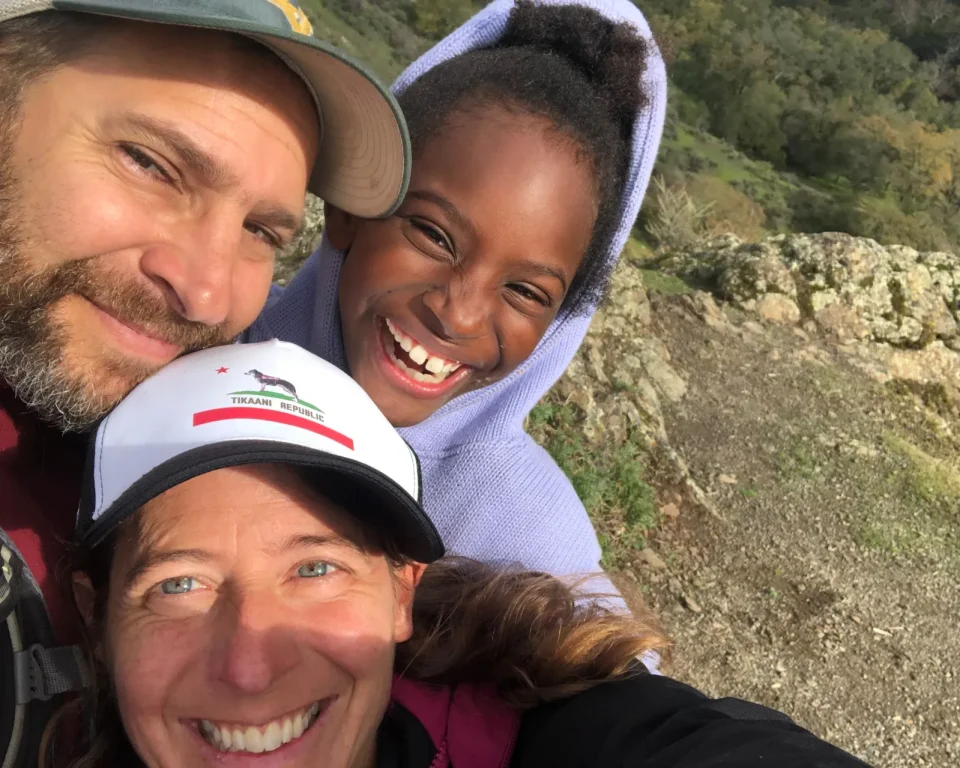
I live in the Grand Lake neighborhood. We love the commercial district. We love all the restaurants and it’s easy to go buy our food at the Safeway or Trader Joe’s. In my direct neighborhood, there are folks with more upper-middle-class resources, and I don’t know if they’re always super aware that two blocks over folks’ lived realities might be different.
I think the Lake is an interesting microcosm. When my kid was younger, there wasn’t a day that we weren’t by the lake. We were going to see the birds, going to the playgrounds, going to the park by the library. The Lakeview Library is just a sweet small little space to go to with small kids. It felt like it was real grounding, to be in the neighborhood and walk somewhere, like blackberry picking in the rose garden, wild turkey sightings as you’re walking down Grand. And people would stop their cars and the (turkeys) would go and cross. There’s a lot of joys of living here.
I think for anyone who’s in an elected office, there’s a lot of work to do to help people be mindful of what city they’re living in and who the city belongs to—all of us and all the different needs we have.
When you’re talking about how to get people involved, you have to have electeds who show that they care and that they want to listen to what’s going on in the neighborhoods and that they’re hearing people’s needs. Whether it’s about potholes or whether it’s about, you know, someone else got killed by the lake. And I think the other thing that has to happen for people to feel like they want to get involved and have their voices heard is that they have to feel that actually something could be done, that change can actually happen.
Kenzie Smith
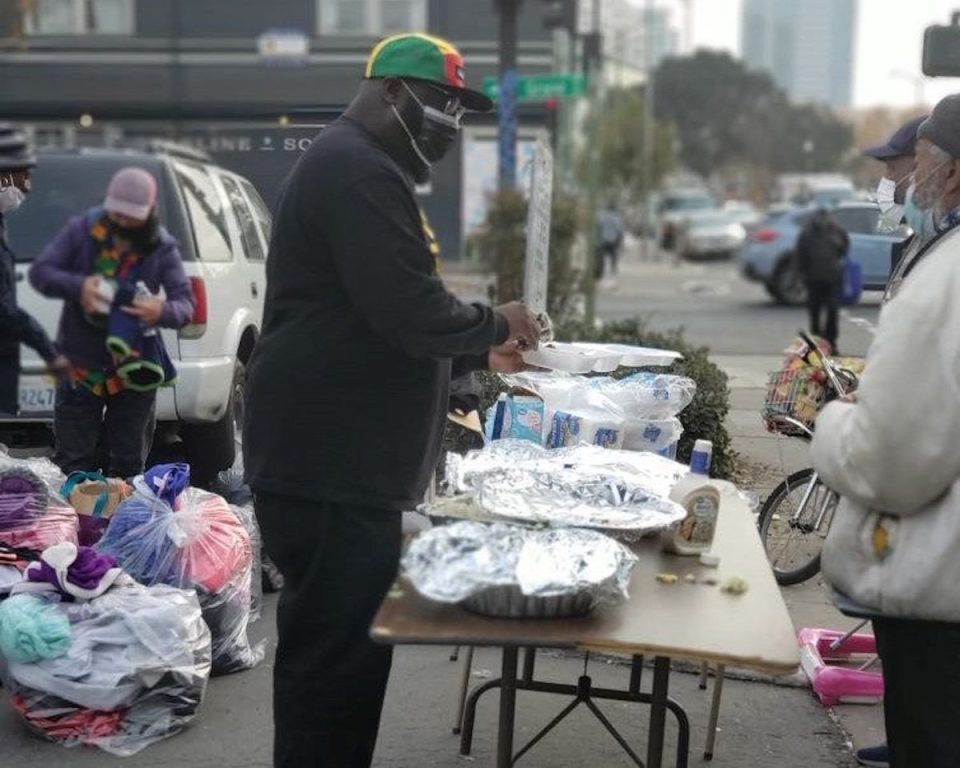
I’ve been a resident of District 2 since 1998. I stay near the lake. A lot of people know that my family is Dope Era; Mistah F.A.B. is my brother. We do things in the community. I stepped outside before the BBQ Becky situation and started doing give-backs with Jhamel Robinson, who’s a photographer and graphic designer and the business owner of HmtwnHero. We were doing coat drives and food drives every year around Christmas. This year, we’ll be doing something with a shoe company and offering shoes to the less fortunate as well as providing more clothing and more supplies.
The homelessness problem that’s still going on, if you look around E12th by Burger King, you got the [homeless] village right there, you got the village on First Avenue, you got the village over there by Laney College. That’s a big problem. I feel like the city isn’t using the funds correctly in order to help those less fortunate.
Will [new housing] really be aimed at the less fortunate? Are we really going to be able to help people? I really need to know the real balance of it because our city is truly out of hand with homelessness. You go down Martin Luther King and West Grand and look at that whole row—I mean, there’s a whole strip of homeless folks.
In my community, I just see a lot of things that I know that we as a people can change, if we work together in order to do so. I have a great deal of support from a lot of people who are influential in the Bay who don’t want the recognition. But I want to applaud them. They are the heroes of the community. I want to give a shout-out to every youth that dreams outside the box, that wants more out of life. I want to tell them to keep pushing and stay motivated because anything can happen if you allow yourself to not be a statistic and continue to grow and elevate.
Des To
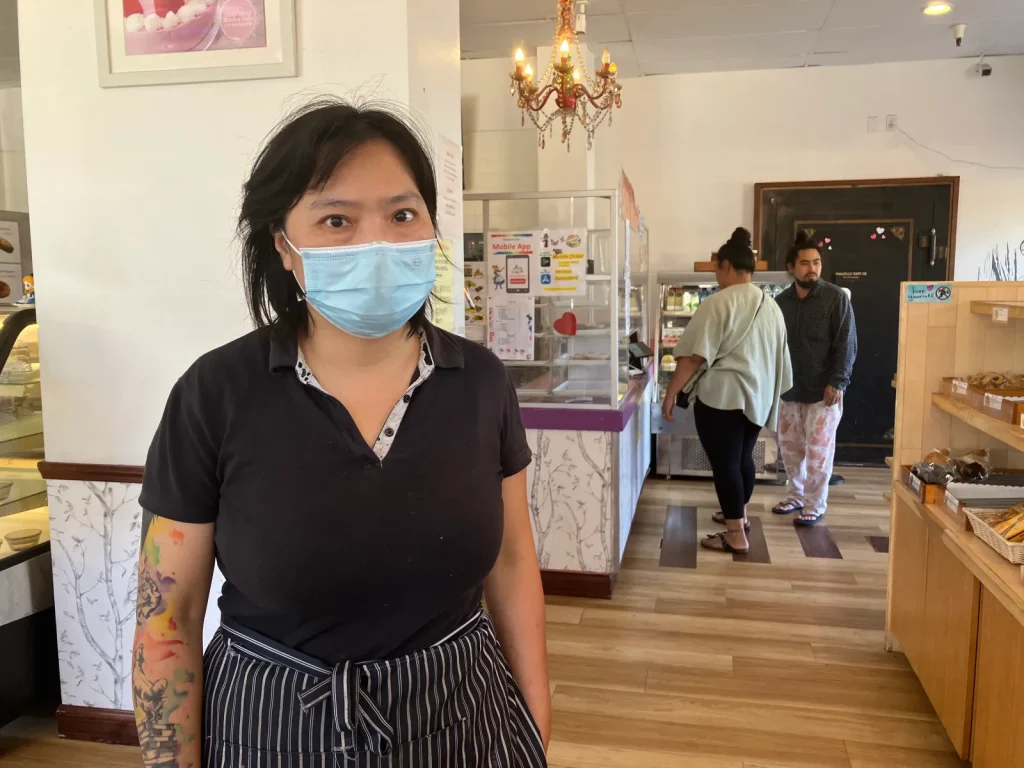
I used to live here but I moved to Hercules about two years ago. One of the reasons I moved out is it’s not really safe here, and there I don’t worry about going outside. People don’t feel safe to walk around Chinatown—Asians are targeted. But I can’t move my business, the Alice St. Bakery and Café.
There are a couple [community ambassador] teams, and at least the police stop by. I feel a little better but it’s still not really good, honestly. Everybody works really hard for their career and their life. It feels like there’s no penalty for robberies, but what’s the protection for the rest of the people? It’s nothing.
I came from Hong Kong 14 years ago and worked my first job as a receptionist in Lili Xu’s office. She was a very nice lady and I kept in contact with her. Everybody’s in shock.
Linda Norton
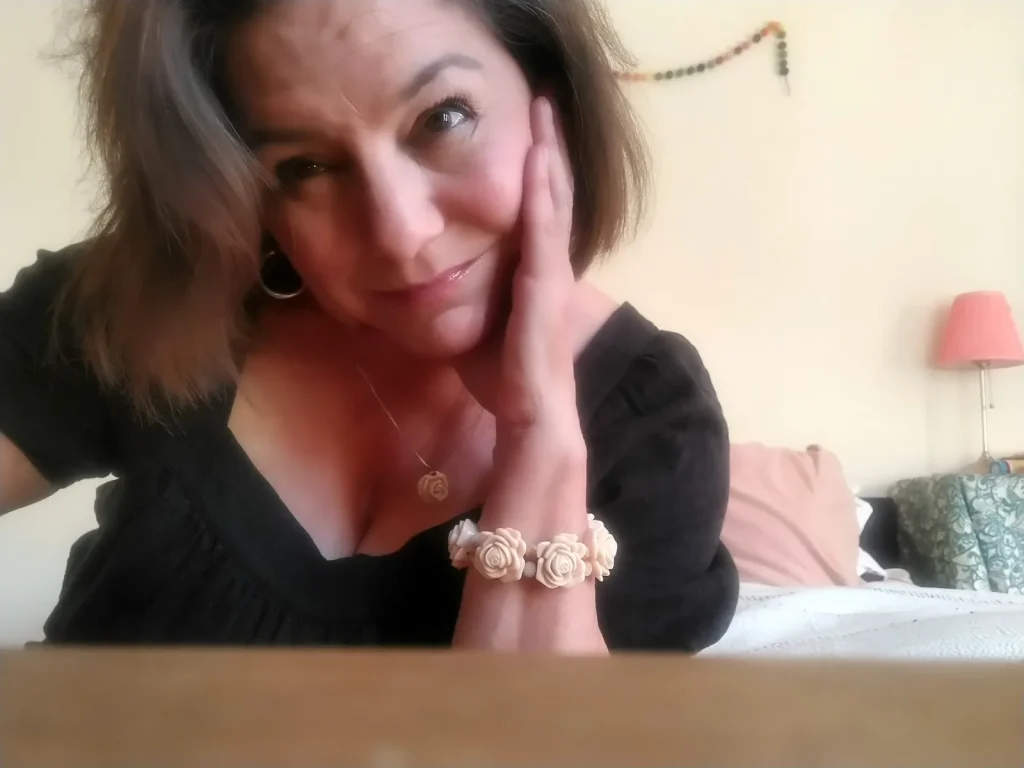
My big issue right now in Oakland would be unhoused and mentally ill people. I have a brother who lives on the East Coast who falls into that category. I feel the unhoused people in my district are my neighbors. I see them every day. I know they missed out on the cash many of us got during the pandemic. I now try to get 20 [one-dollar bills] when I go to Trader Joe’s, but even if hundreds of us do that it won’t solve the problem. And it’s absolutely destructive for our use of public space and parks.
I am extremely grateful for rent control. It’s what’s allowed me to contribute, and write, and live. I do feel very strongly that we have a great neighborhood. They’ve all seen my baby nursing at Peet’s, and now they see me walking down the street with her and she’s a grown woman. Public life on Grand and Lakeshore is also fantastic. Some of the stuff I’ve been suspicious about as gentrifying the neighborhood is fine; I thought the kava bar and wine bar would wreck the neighborhood!
I’ve been a victim of crime in Oakland, and I think it’s a serious issue. I’m from a cop family. But people who are concerned about safety can also be concerned about over-policing. I have been disappointed that all the action after Ahmaud Arbery, George Floyd, and Breonna Taylor [did not lead to systemic change].

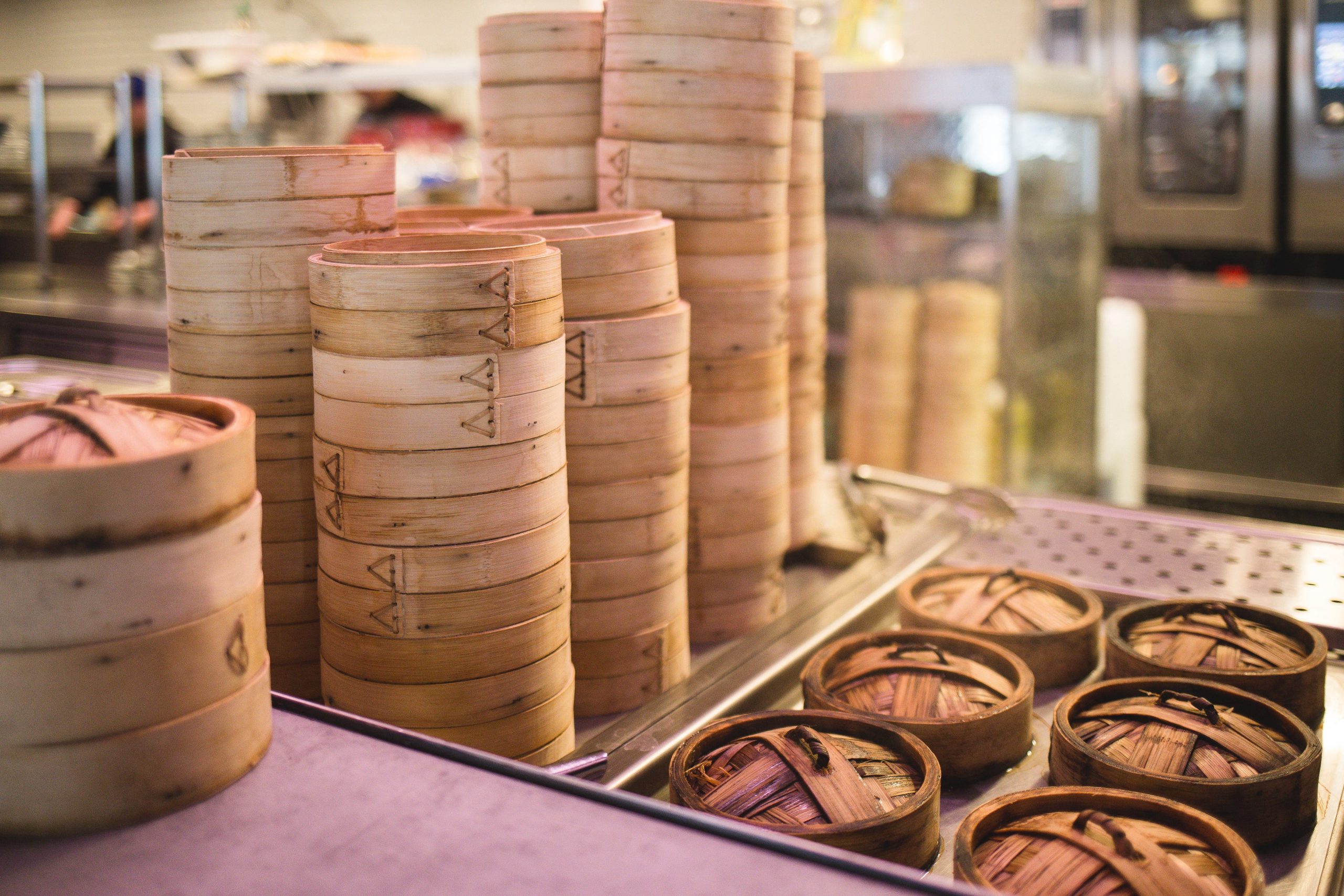
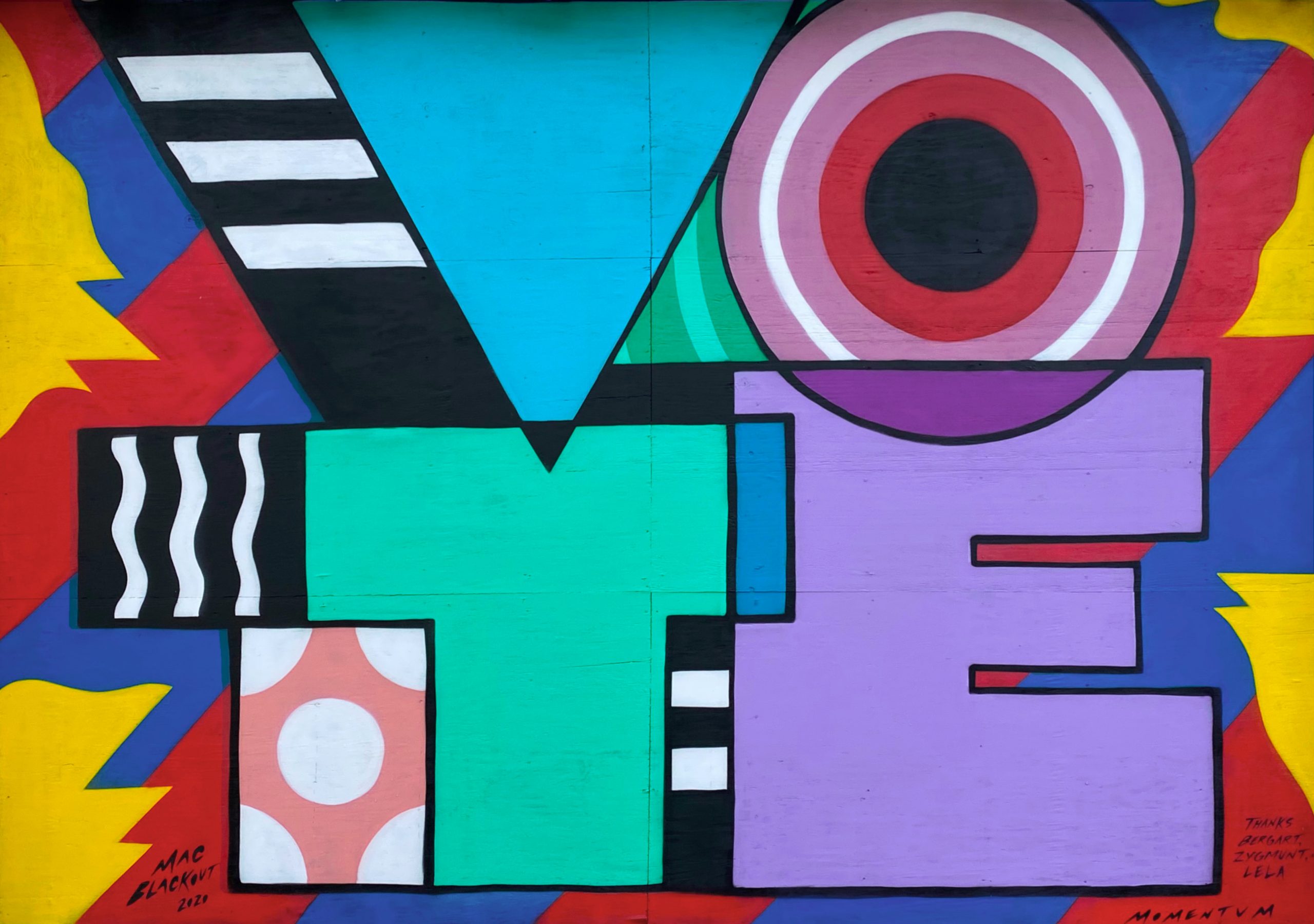
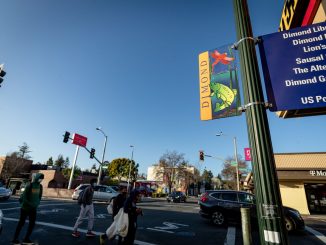
Be the first to comment